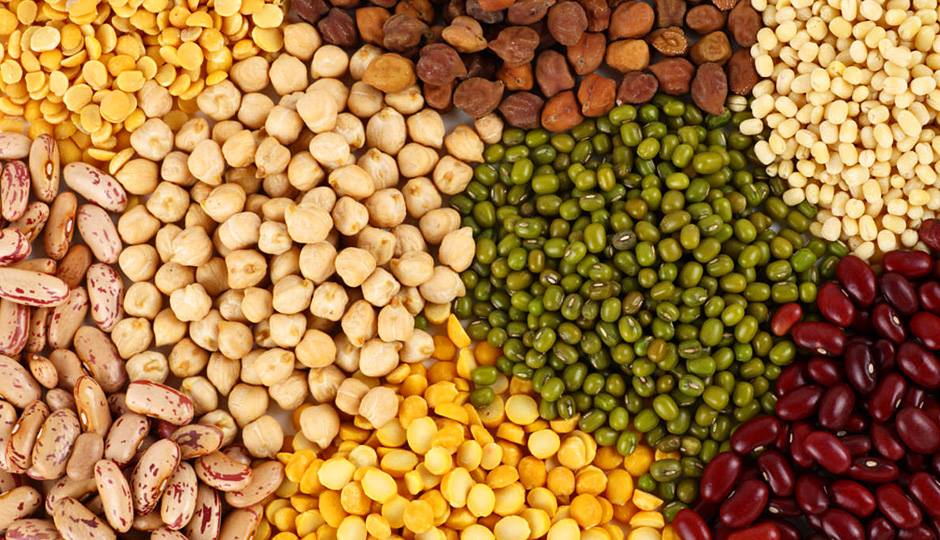The association of northern traders have resumed the movement of beef, tomatoes, onions, and other food staples to the southern states following the intervention of the Department of State Services (DSS) on Monday night.
Prices of fresh produce and food grains skyrocketed in the southern states as traders from the north were restrained from moving produce southwards because of the Shasa market crisis in Oyo State where the death of over 20 persons was recorded.
Residents of Lagos State have been paying more for smaller quantities of fresh produce and food crops as suppliers temporarily shift supplies to Cameroon, Niger Republic and Chad following the crisis.
The same situation applied in almost all states in the south as prices temporarily get out of the reach of average Nigerians.
Investigations revealed that fresh fruits and vegetables such as tomatoes, onions, carrots, and food grains were in short supply from the north, forcing prices up.
Reports also indicated that suppliers were stranded in-between Niger and Kwara states as they were prevented from moving food and animals towards the south on instructions of their unions.
Mustapha, who sells tomato, told yabacity.com that before the halt in food transit, the price of a bag was N7,000 but was now N10,000.
Ogunmola Bunmi, who is also a pepper seller, said the crisis affected the price of pepper. “Before the issue, a basket of tomato was N7,000 but now N10,000.
In Lagos, prices of grains, vegetable and processed foods – both locally made and standardized – skyrocketed amid foreign exchange crisis.
Biodun Adeleye, a trader in Lagos, lamented to yabacity.com that the high cost of food had been eating deep into average incomes of most Lagos residents, and recent crisis of herders and escalating insecurity had aggravated the situation.
He called on the Federal Government, States and local government authorities to fashion ways around insecurity so farmers could cultivate crops in any part of the country without the fear of being attacked.


